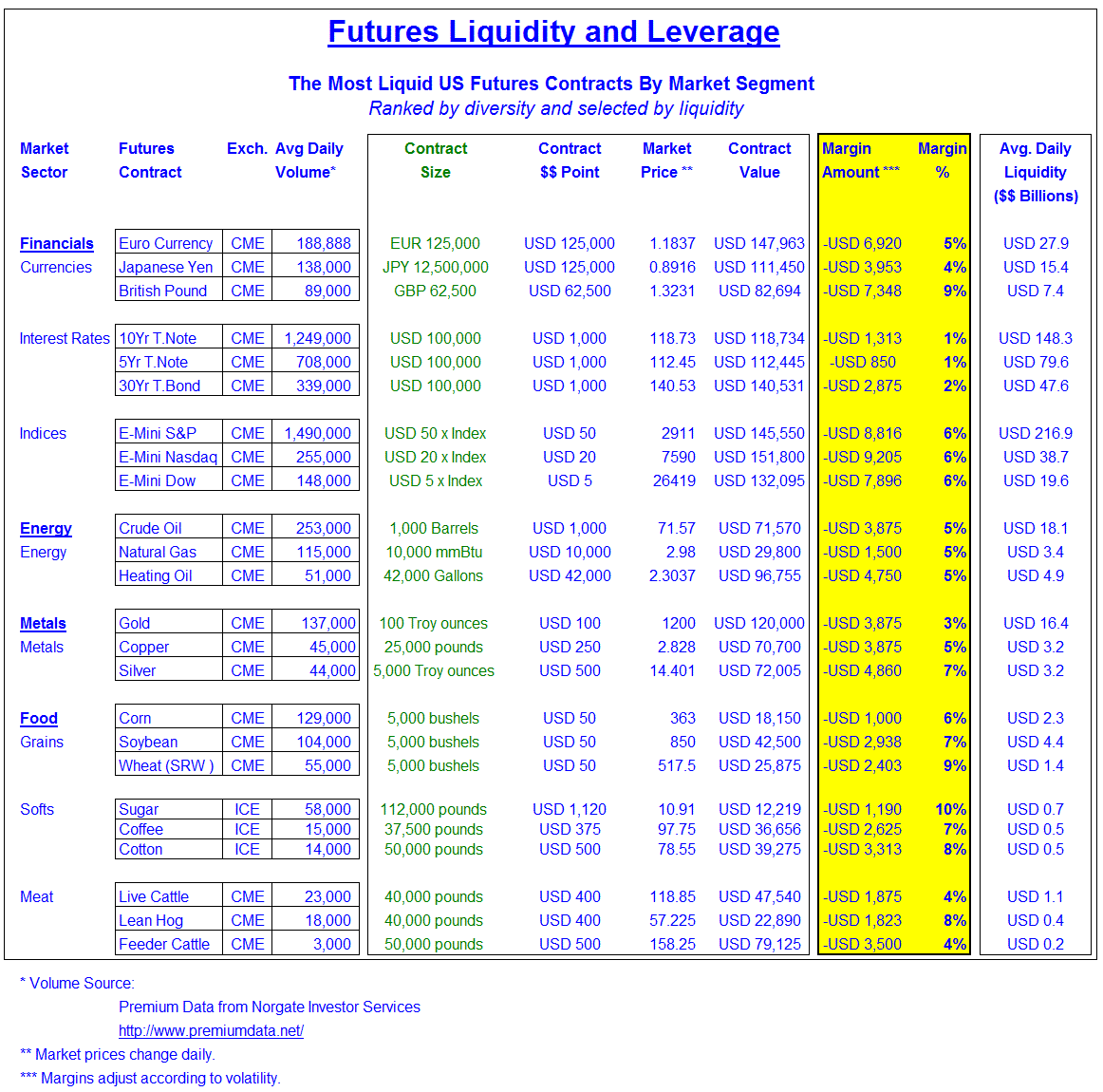Liberation Day Tariffs: How They Affect Stock Prices And Investment Strategies

Table of Contents
Historical Impact of Liberation Day Tariffs on Stock Markets
Analyzing the historical performance of stock markets around Liberation Day reveals valuable insights into the impact of these tariffs. Examining past years allows us to identify recurring patterns and potential anomalies in stock price fluctuations.
-
Analyzing past stock market reactions to Liberation Day tariffs across different sectors: Studies show that the impact varies significantly depending on the sector. Some sectors, like technology, which relies heavily on imported components, may experience sharper declines, while others, such as domestically focused agriculture, might see less pronounced effects.
-
Identifying common patterns or anomalies observed in stock price fluctuations: In several instances, we've observed a period of heightened volatility leading up to the announcement of Liberation Day tariffs, followed by a market correction once the specifics are released. However, the direction and magnitude of the correction are not always predictable.
-
Discussing the role of investor sentiment and market speculation: Investor sentiment plays a crucial role. Anticipation of the tariff announcements often fuels speculation, leading to price swings independent of the tariffs' actual impact. Fear and uncertainty often drive short-term market reactions.
(Insert relevant chart here showing historical stock market performance around Liberation Day, highlighting key years and tariff impacts.)
Sector-Specific Impacts of Liberation Day Tariffs
Liberation Day tariffs don't impact all sectors equally. Their differential effects require a nuanced understanding for effective investment strategies.
-
Analyzing the sensitivity of each sector to tariff changes: Sectors heavily reliant on international trade, like manufacturing and technology, tend to be more sensitive. Conversely, domestically-focused sectors might experience less direct impact.
-
Discussing potential winners and losers within each sector: Companies with diversified supply chains or those producing substitute goods may benefit. Companies solely reliant on imported materials could face significant challenges.
-
Providing examples of past tariff impacts on specific companies within different sectors: For instance, in previous years, the technology sector saw significant fluctuations due to tariffs affecting semiconductor imports. Conversely, certain agricultural businesses saw increased demand for domestically produced goods.
(Insert table here summarizing the impact of Liberation Day tariffs on various sectors, including examples of specific companies.)
The Role of Geopolitical Factors
Geopolitical events significantly influence the impact of Liberation Day tariffs. The international political landscape creates a dynamic environment impacting market reactions.
-
Discussing the influence of international trade agreements: Existing trade agreements can mitigate the impact of tariffs or even lead to negotiations and adjustments.
-
Analyzing the impact of political instability or sanctions: Political instability or international sanctions can exacerbate the negative effects of tariffs, leading to increased market uncertainty.
-
Explaining the role of currency fluctuations: Currency fluctuations can further complicate the situation. A weakening domestic currency might partially offset the impact of tariffs on import prices, while a strengthening currency could worsen the effects.
Developing Effective Investment Strategies During Liberation Day Tariff Periods
Navigating the volatility surrounding Liberation Day tariffs requires a well-defined investment strategy.
-
Diversification strategies to mitigate risk: Diversifying across different sectors and asset classes is crucial to reduce exposure to the effects of tariffs on specific industries.
-
Hedging techniques to protect against potential losses: Hedging strategies, such as using options or futures contracts, can help mitigate potential losses from negative market movements.
-
Long-term vs. short-term investment approaches: A long-term investment approach can help weather short-term volatility better than a short-term, highly reactive strategy.
-
Importance of thorough market research and analysis: Staying informed about tariff announcements and their potential implications is critical for making informed investment decisions.
Analyzing Liberation Day Tariff Data and Forecasting Market Trends
Predicting the market's response to Liberation Day tariffs requires careful analysis of past data and consideration of current economic indicators.
-
Utilizing econometric modeling techniques: Econometric models can help analyze historical data and identify correlations between tariff announcements and market movements.
-
Employing sentiment analysis of news and social media data: Gauging investor sentiment through analysis of news articles and social media can provide valuable insights into market expectations.
-
Importance of considering economic indicators: Economic indicators, such as inflation, GDP growth, and unemployment rates, can provide a broader context for analyzing the impact of tariffs.
However, it's crucial to remember that forecasting market trends is inherently uncertain. Risk management remains paramount.
Conclusion
Liberation Day tariffs present both challenges and opportunities for investors. Understanding their historical impact, sector-specific effects, and the role of geopolitical factors is vital for developing effective investment strategies. By employing diversification, hedging, and thorough market analysis, investors can navigate this period and potentially capitalize on market fluctuations.
Call to Action: Stay informed about the latest developments concerning Liberation Day tariffs and their implications for your investment portfolio. Implement the strategies outlined in this article to mitigate risk and maximize returns during these crucial periods affected by Liberation Day Tariffs. Learn more about effective Liberation Day Tariffs investment strategies today!

Featured Posts
-
 Xrp Futures And Options Impact On Price Recovery
May 08, 2025
Xrp Futures And Options Impact On Price Recovery
May 08, 2025 -
 Inter Milan Upsets Bayern Munich In Champions League Quarterfinal
May 08, 2025
Inter Milan Upsets Bayern Munich In Champions League Quarterfinal
May 08, 2025 -
 The Rookies Nathan Fillion His Early Success In A Wwii Movie
May 08, 2025
The Rookies Nathan Fillion His Early Success In A Wwii Movie
May 08, 2025 -
 Arsenal News Collymore Critiques Artetas Management
May 08, 2025
Arsenal News Collymore Critiques Artetas Management
May 08, 2025 -
 Rezultati I Pjeses Se Pare Psg Me Fitoret Minimaliste
May 08, 2025
Rezultati I Pjeses Se Pare Psg Me Fitoret Minimaliste
May 08, 2025
Latest Posts
-
 Andor Season 1 Where To Watch All Episodes Online
May 08, 2025
Andor Season 1 Where To Watch All Episodes Online
May 08, 2025 -
 Watch Andor Season 1 On Hulu And You Tube A Guide
May 08, 2025
Watch Andor Season 1 On Hulu And You Tube A Guide
May 08, 2025 -
 Princess Leias Return 3 Reasons To Expect A Cameo In The Upcoming Star Wars Show
May 08, 2025
Princess Leias Return 3 Reasons To Expect A Cameo In The Upcoming Star Wars Show
May 08, 2025 -
 Andor Season One Stream Episodes Now On Hulu And You Tube
May 08, 2025
Andor Season One Stream Episodes Now On Hulu And You Tube
May 08, 2025 -
 3 Reasons A Princess Leia Cameo In The New Star Wars Show Is Likely
May 08, 2025
3 Reasons A Princess Leia Cameo In The New Star Wars Show Is Likely
May 08, 2025
